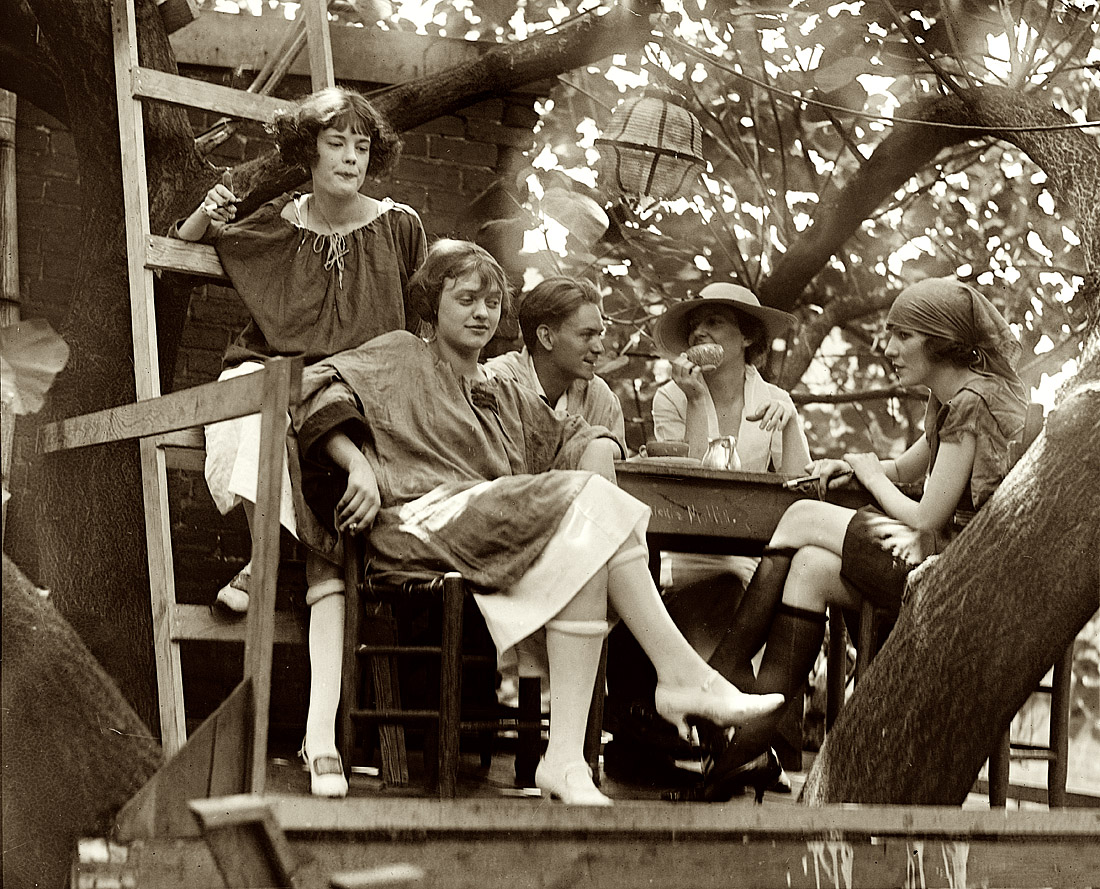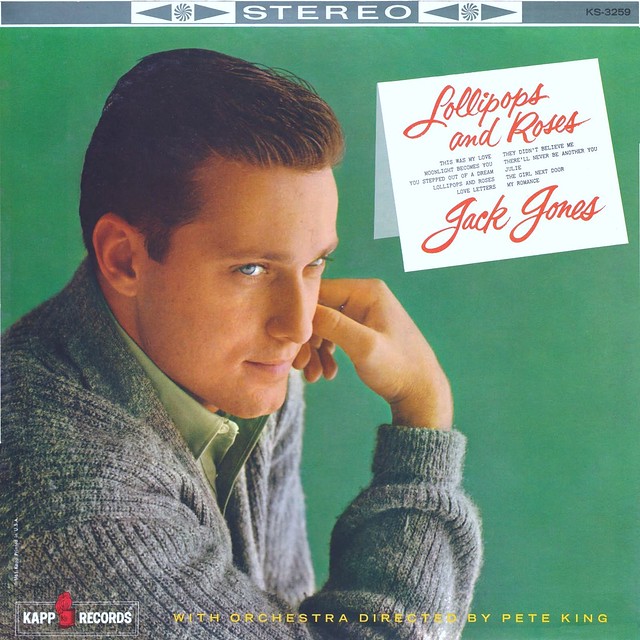"On the Street Where You Live" is a song with music by Frederick Loewe and lyrics by Alan Jay Lerner, from the 1956 Broadway musical, My Fair Lady. It is sung in the musical by the character Freddy Eynsford-Hill, who was portrayed byJohn Michael King in the original production. In the 1964 film version, it was sung by Bill Shirley, dubbing for actor Jeremy Brett.
The most popular single of the song was recorded by Vic Damone in 1956 for Columbia Records. It reached No. 4 on theBillboard chart and #6 on Cashbox magazine's chart. It was a No. 1 hit in the UK Singles Chart in 1958. Eddie Fisher also had a top 20 Billboard hit with the song in 1956, reaching No. 18. Lawrence Welk and His Orchestra released a version that went to No. 96 in 1956. Andy Williams' recording appeared in the Billboard top 40 in 1964, reaching No. 3 on the adult contemporary chart and #28 on the Billboard Hot 100.
The song has been recorded by a variety of other performers, including Ray Conniff, Andy Williams, Lawrence Welk (whose band also performed it on his weekly TV series numerous times), Doris Day, Frank Chacksfield, Alfie Boe, Bobby Darin,Dean Martin, Nat King Cole, Holly Cole, Marvin Gaye, Perry Como, Ray Reach, Harry Connick Jr., Gene Pitney, The Miracles (on their I'll Try Something New album), Earl Grant, Dennis DeYoung, Quincy Jones, David Whitfield, Nancy Wilson, Ilse Huizinga, Matt Dusk, Richard Clayderman, Ricki Lee Jones, Mr Hudson & The Library, Peggy Lee, Vocal Spectrum, Steve Hogarth from Marillion and Bill Frisell, André Previn & Shelly Manne.
It was featured in a series five episode of the BBC One sitcom My Family, and in the first episode of AMC's Mad Men. In the film Blast from the Past, Brendan Fraser's character, Adam, sings a verse to Alicia Silverstone's character, Eve. It was also sung by the character Tony, played by Nicholas Hoult, in the first episode of Channel 4 teen drama Skins. A mariachi band sing a Spanish version in the movie Joe Versus the Volcano and it is also performed by Willie Nelson on the soundtrack to the movie "Valentine's Day." The song was used to promote the 50th anniversary week of Coronation Street. It is also featured on McDonald's UK 2011 advertisement for its latest breakfast wrap.
The most popular single of the song was recorded by Vic Damone in 1956 for Columbia Records. It reached No. 4 on theBillboard chart and #6 on Cashbox magazine's chart. It was a No. 1 hit in the UK Singles Chart in 1958. Eddie Fisher also had a top 20 Billboard hit with the song in 1956, reaching No. 18. Lawrence Welk and His Orchestra released a version that went to No. 96 in 1956. Andy Williams' recording appeared in the Billboard top 40 in 1964, reaching No. 3 on the adult contemporary chart and #28 on the Billboard Hot 100.
The song has been recorded by a variety of other performers, including Ray Conniff, Andy Williams, Lawrence Welk (whose band also performed it on his weekly TV series numerous times), Doris Day, Frank Chacksfield, Alfie Boe, Bobby Darin,Dean Martin, Nat King Cole, Holly Cole, Marvin Gaye, Perry Como, Ray Reach, Harry Connick Jr., Gene Pitney, The Miracles (on their I'll Try Something New album), Earl Grant, Dennis DeYoung, Quincy Jones, David Whitfield, Nancy Wilson, Ilse Huizinga, Matt Dusk, Richard Clayderman, Ricki Lee Jones, Mr Hudson & The Library, Peggy Lee, Vocal Spectrum, Steve Hogarth from Marillion and Bill Frisell, André Previn & Shelly Manne.
It was featured in a series five episode of the BBC One sitcom My Family, and in the first episode of AMC's Mad Men. In the film Blast from the Past, Brendan Fraser's character, Adam, sings a verse to Alicia Silverstone's character, Eve. It was also sung by the character Tony, played by Nicholas Hoult, in the first episode of Channel 4 teen drama Skins. A mariachi band sing a Spanish version in the movie Joe Versus the Volcano and it is also performed by Willie Nelson on the soundtrack to the movie "Valentine's Day." The song was used to promote the 50th anniversary week of Coronation Street. It is also featured on McDonald's UK 2011 advertisement for its latest breakfast wrap.
Am D7 G D7
I have (G6)often walked (D7)down this (Gmaj7)street before(G6)
(D7)But the (Gmaj7)pavement always (Bbdim)stayed beneath my (Am7)feet before(D7)
All at (Am7)once am I (Cm6)several (Bm7)stories high(Em7)
Knowing (A7)I'm on the (D7)street where you (G6)live.
(D7)Are there (G6)lilac trees (D7)in the (Gmaj7)heart of town? (G6)
(D7)Can you (Gmaj7)hear a lark in (Bbdim)any other (Am7)part of town? (D7)
Does en-(Am7)chantment pour (Cm6)out of (Bm7)every door? (Em7)
No, it's (A7)just on the (D7)street where you (G)live.
(B7)For oh, the towering (C6)feeling
Just to (Cm6)know some-(Bbdim)how you are (G)here (G6)
The (Gdim)o-(Em6)overpowering (C#m7)feeling(F#7)
That any (B)second you may (F#m7)sudden-(G)ly (A7)ap-(Am6)pear! (D7)
People (G6)stop and stare, (D7)they don't (Gmaj7)bother me (G6)
(D7)For there's (Gmaj7)nowhere else on (Bbdim)earth that I would (Am7)rather be (D7)
Let the (Am7)time go by, (Cm6) I won't (Bm7)care if I (Em7)
Can be (A7)here on the (D7)street where you (G)live (G6)




